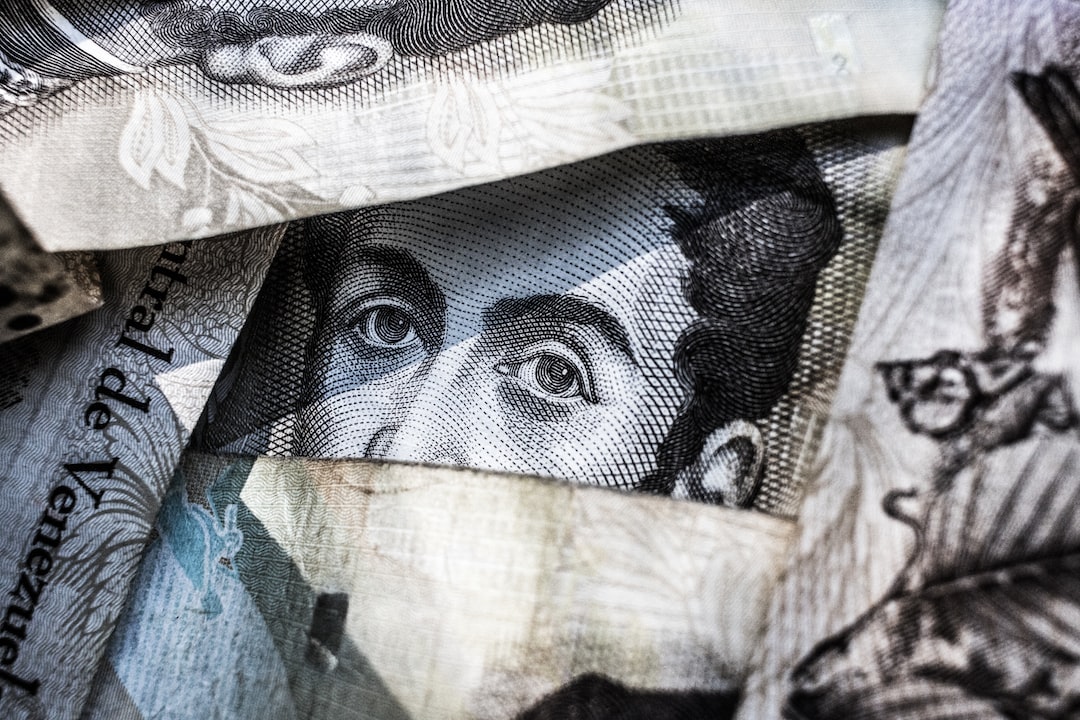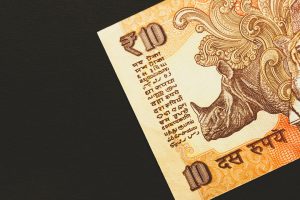Forex, short for foreign exchange, is the largest financial market in the world. It is a decentralized market where currencies are traded around the clock. Forex trading involves the buying and selling of currencies with the aim of making a profit from the fluctuations in their value. It is a complex and dynamic market that requires a deep understanding of the factors that influence currency prices.
The forex market is open 24 hours a day, five days a week. It is a decentralized market, meaning that there is no central exchange where all trading takes place. Instead, forex trading is conducted electronically over-the-counter (OTC) through a network of banks, brokers, and other financial institutions. The OTC nature of the market means that prices can vary from one broker to another, and there is no single price for any currency pair.
The forex market is the most liquid market in the world, with an average daily trading volume of $5.3 trillion. This means that it is easy to buy and sell currencies quickly, and traders can enter and exit positions at any time. The high liquidity of the market also means that traders can usually get the best prices for their trades.
Forex trading involves buying one currency and selling another at the same time. Currency pairs are quoted in terms of the exchange rate between the two currencies. For example, the EUR/USD pair represents the exchange rate between the euro and the US dollar. If a trader believes that the euro will appreciate against the dollar, they would buy the EUR/USD pair. If they believe that the dollar will appreciate against the euro, they would sell the EUR/USD pair.
Forex trading is usually done using leverage, which allows traders to control larger positions with a smaller amount of capital. For example, a trader with a $1,000 account could control a position worth $100,000 with a leverage of 1:100. While leverage can increase the potential profits of a trade, it also increases the potential losses. Traders should be careful when using leverage and should always have a risk management plan in place.
There are several factors that can influence the value of currencies in the forex market. These include economic indicators such as GDP, inflation, and employment data, as well as political events, central bank policies, and geopolitical tensions. Traders need to stay up-to-date with these factors and their potential impact on currency prices.
Forex trading can be done through a variety of platforms, including desktop applications, web-based platforms, and mobile apps. These platforms allow traders to access real-time market data, execute trades, and manage their positions from anywhere in the world.
In conclusion, forex trading is a complex and dynamic market that offers traders the opportunity to profit from the fluctuations in currency prices. It is the largest financial market in the world and is open 24 hours a day, five days a week. Forex trading involves buying and selling currency pairs with the aim of making a profit from the exchange rate fluctuations between them. Traders need to have a deep understanding of the factors that influence currency prices and should always have a risk management plan in place.






